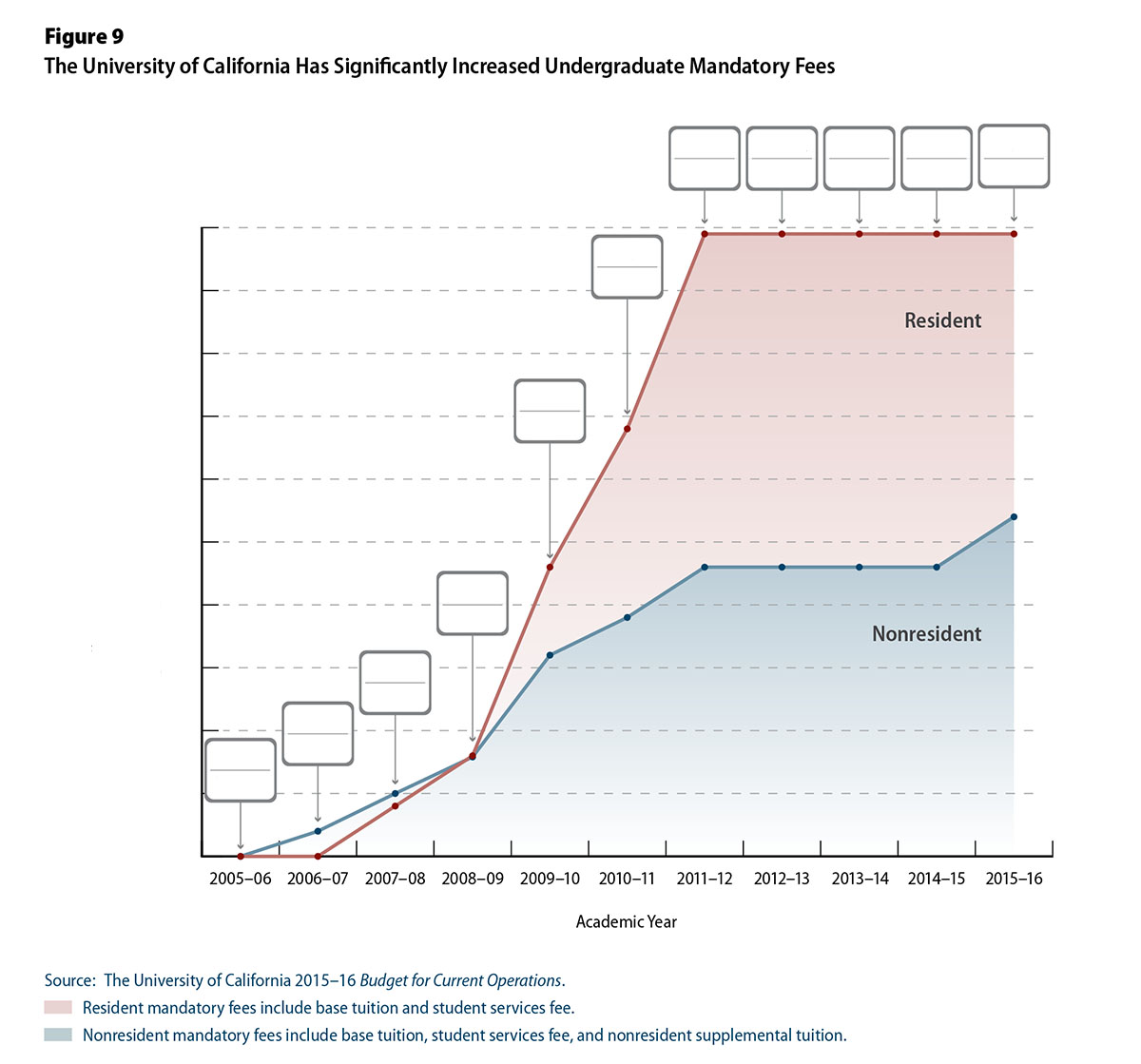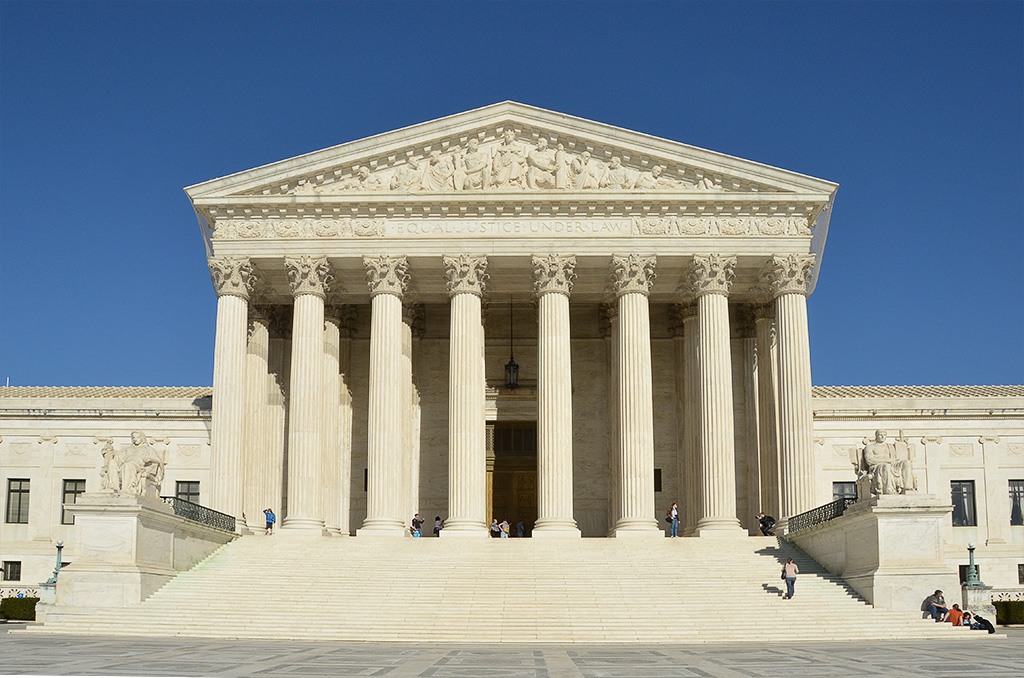
Our legal system offers its own remembrance of Muhammad Ali. In decisions from 1967 to 1971, federal court opinions documented Ali’s fight to seek conscientious objector status when drafted to serve in the Vietnam War. Although he was convicted, sentenced to imprisonment for five years and fined $10,000 for declining to submit to induction, his conviction was ultimately overturned by the United State Supreme Court. The cases below show the circuitous route he took as his challenges traversed through all levels of the judicial system.
Ali v. Connally, 266 F. Supp. 345 (S.D. Tex. 1967). Court dismissed plaintiff’s petition for injunctive relief ruling that the Selective Service Act does not provide for judicial review of orders of the Selective Service Board.
Clay v. United States, 397 F.2d 901 (5th Cir. 1968). The Court held that decisions of the local boards in denying a ministerial exemption and conscientious objector status are final.
Ali v. Division of State Athletic Commission, 308 F. Supp. 11 (S.D.N.Y. 1969). Plaintiff Muhammad Ali alleged that the New York State Athletic Commission had violated his rights under the Due Process Clause by refusing to issue him a license to fight in a prize ring because of his conviction and sentence for refusing to serve in the armed forces. The District Court granted defendant’s motion to dismiss finding a rational basis for the Commission’s refusal to grant the application based on plaintiff’s conviction and sentence.
United States v. Clay, 386 F. Supp. 926 (S.D. Tex. 1969). The United States Supreme Court had granted certiorari and remanded the case back to the District Court to determine whether the defendant’s conviction was tainted by the information obtained as a result of the electronic surveillance. Because defendant was not able to establish that logs of his telephone conversations contained prejudicial material, the court denied his motions to dismiss or set aside the verdict, sentence, and indictment, and for a new trial.







 All states require children to be immunized or to be in the process of receiving immunizations against certain contagious diseases before a child care facility or a school may admit them. For each state, the immunization schedule may be found in the state code or its administrative regulations, usually in the sections governing education (for schools) or public health (for child care facilities). Besides specific vaccine requirements, these schedules may also refer to the schedules provided by the
All states require children to be immunized or to be in the process of receiving immunizations against certain contagious diseases before a child care facility or a school may admit them. For each state, the immunization schedule may be found in the state code or its administrative regulations, usually in the sections governing education (for schools) or public health (for child care facilities). Besides specific vaccine requirements, these schedules may also refer to the schedules provided by the  Last month, the Court of Justice of the European Union issued a preliminary ruling on
Last month, the Court of Justice of the European Union issued a preliminary ruling on